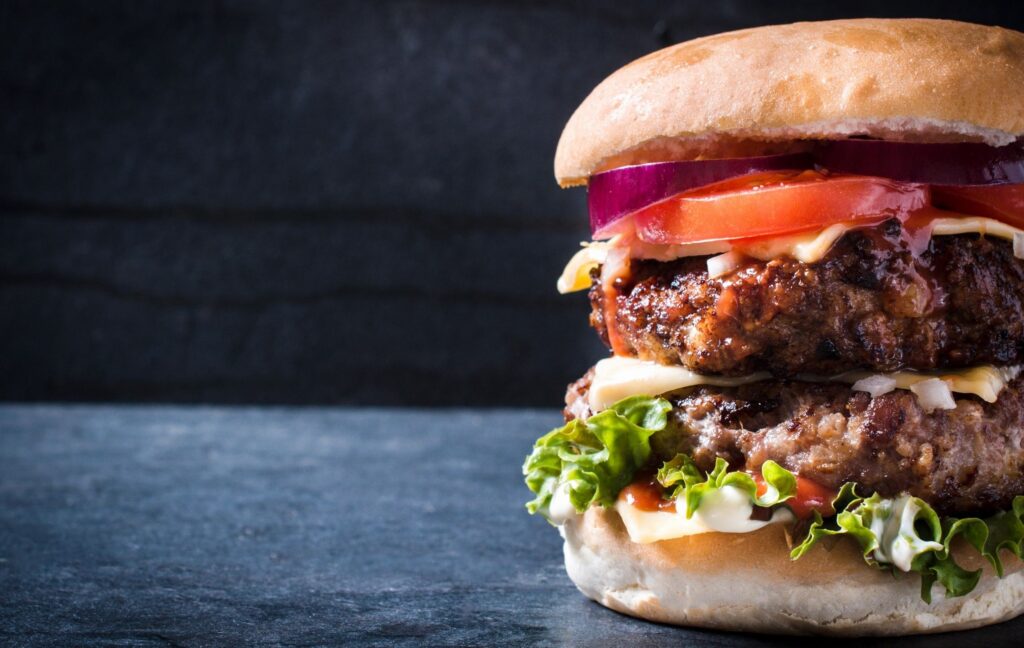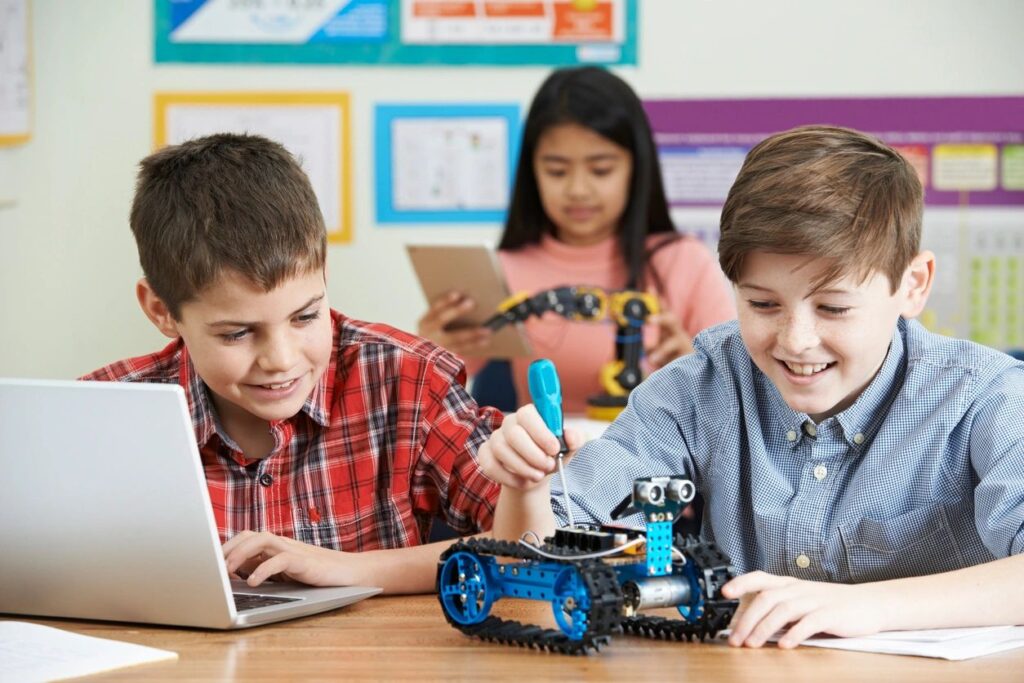Cognitive Psychology
Working Memory Training Might Help With Regulating Emotions
Working memory is a type of memory that, well, does a lot of work. It’s the type of memory you use when you’re doing a task and you need to keep relevant information in your mind. Needing to keep information in your mind is, of course, something that happens frequently in a wide variety of…
Read MoreAre Bad Memories Useful?
Our memories about our own lives are one of the primary ways we make sense of who we are and how the world works. As I’ve written about before, there are at least three ways people tend to make use of their autobiographical memories: Guiding future behavior by learning from the past Creating a sense…
Read MoreGeneral Language Skills Might Help With Learning Programming Languages
Is learning a programming language like learning any other kind of language? Intuitively, you might expect the answer to be no. Programming languages are made up of different components than natural languages, and they’re used for a different purpose. But a new study from researchers at University of Washington suggests that to some extent the…
Read MoreNot Judging Your Own Thoughts as an Element of Happiness
There’s no formula for happiness, but something that apparently helps is not being too judgmental toward your own thoughts and feelings. A recent study from researchers in Spain highlights the role that this kind of acceptance plays in overall happiness. The study surveyed 589 participants, asking about several different personality traits and about their self-rated…
Read MoreSwitching Off Your Phone Half an Hour Before Bed Might Improve Sleep, Memory
I’m not going to bother telling you not to use your phone before bed. Partly because you’ve probably heard that advice before, and partly because it would be hypocritical of me to do so! But I am going to highlight the results of a study that shows what might happen to people who do and…
Read MoreFriends Cooperate More Efficiently After Exchanging Gifts
As I’ve written about before, people give gifts for a range of reasons – sometimes simply to do something nice, sometimes because they want to influence others. A new study from researchers in Italy sheds light on another function gifts can serve: increasing teamwork and cooperative performance. In the study, 32 pairs of close friends…
Read MoreThe Psychological Separation Between “Meat” and “Animals”
People like animals. People also like to eat animals. This presents an obvious problem. It’s challenging to make a convincing case to yourself that you think animals are cute and want to protect their welfare in between swallowing mouthfuls of pork. You might recognize this as a classic example of cognitive dissonance, where people have…
Read MoreChildren Will Imitate Robots
Young children have a range of skills that make them phenomenal learners, and one of these skills appears to be copying the people around them. For better or for worse, children will imitate the behaviors they observe in others. Psychologists have come up with various theories about why children are such prolific imitators. One theory…
Read MoreTesting Berry Smoothies as a Brain Superfood
Berries commonly star on lists of “brain-boosting” foods. As I’ve talked about before, there’s some evidence for the idea that berries can enhance cognitive functioning, although it’s not an open-and-shut case. The latest study to examine the relationship between berries and brain functioning comes in liquid form – specifically, in the form of a 400…
Read MoreStress Beliefs Might Matter for Stress Response
People seem to have real differences in how we react to the stressful situations we inevitably encounter in everyday life. Given that stress is intertwined with mental and physical health, figuring out what interventions might help people respond to stress more constructively is a key topic for psychology researchers. A new study in Annals of…
Read More








